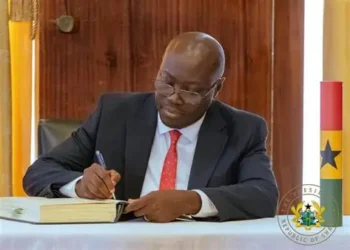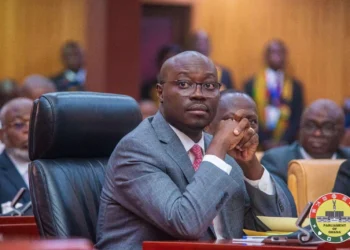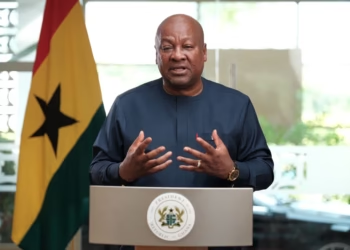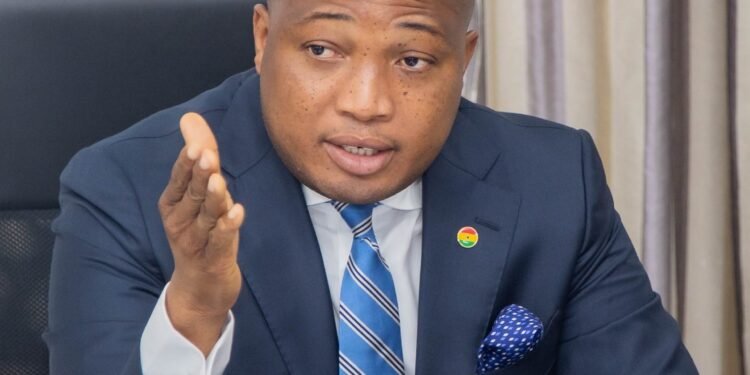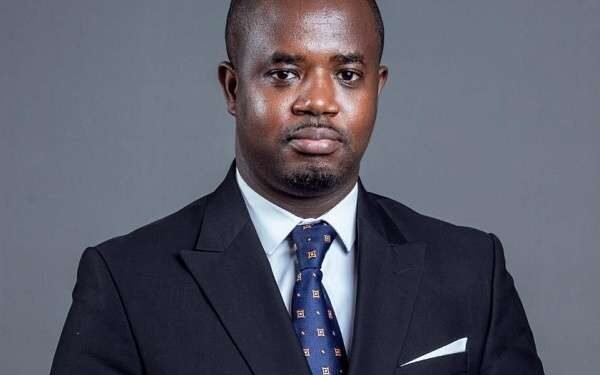An economist, Dr. Kwadwo Opoku, has called for the introduction of restrictions on the flow of capital out of the country.
According to him, capital outflow restrictions will make it very expensive for people including those who want to repatriate their profits. He noted that such restrictions will also enable the country maintain some level of foreign currencies within the domestic economy to solve the excess demand of forex which is driving up the exchange rate.
“I believe we need capital outflow restrictions. We are in a critical situation but if the IMF comes in, the foreign exchange may not be all that difficult to get. But even if they [IMF] come in, we need foreign outflow restrictions so that we will restrict the movement of capital.
“Once they [multinational companies] make the profit in cedis, government should make it more expensive for them to take it away. So you can create an avenue for them to invest in your securities for the time being especially, like 5 years where you will be able to respond to the crisis. They [multinationals] all know we are in crisis so they should be able to comply but I don’t know if politically, they [government] can do that but from economics point of view, I think that should be our response.”
Dr. Kwadwo Opoku
The Research Fellow at the Centre for Social Policy Studies (CSPS) at the University of Ghana indicated in an interview with the Vaultz news that apart from the difficulty in mobilizing revenues to undertake development projects, another major challenge facing the county is the inability to get foreign exchange.
“We cannot get foreign exchange inflow, so if you cannot get it, then the one that our few exporters will bring, we should be able to keep it. So, probably, stop the importation of non-essential goods like some cars. You have your money and wants to buy but government can say that we are not allowing people to buy let say, in the next 3 years. Nobody will die and you will keep the small foreign exchange that you have for the more important imports.”
Dr. Kwadwo Opoku
IMF warns of a looming recession
The IMF warned in a recent report that most economies are likely to enter into recessions next year. However, Dr. Opoku indicated that for Ghana, it will depend on the response that the Central Bank and government will provide in their attempt to address the ongoing economic challenges.
According to him, the country is currently experiencing an inflationary spiral and so the only way Ghana can enter into a recession is when there is a rise in the cost of imported inputs for the manufacturing and other sectors that need imported inputs.
“…Because of the exchange rate issues and non-availability of foreign exchange, they may not have those inputs available and if they are not available, that means production may not respond how it should be and this will affect employment and therefore, the recession that we are talking about.”
Dr. Kwadwo Opoku
The Economist indicated that the reversal of some of the subsidies on imports, is making people pay for the true value of their imports because, mostly, it is the rich that benefit from those policies that government thought were going to cushion importers and also reduce the cost of imported commodities.
This is one of the reasons why imported inflation continues to rise and currently stands at 40.7% as of the end of September 2022, higher than domestic inflation of 35.8%.
The economist was sharing his thoughts on the current difficult macroeconomic environment and how the government can navigate its way out. Headline inflation now stands at 37.2% as of the end of September 2022.
The Central Bank continues to raise the policy rate in an attempt to curb the persistent rise in the prices of goods and services. Currently, the policy rate is 24.5% and is likely to be raised further later in the year based on projections that inflation will begin to decline from next year.
READ ALSO: $330 Million Boankra Inland Port Expected To Be Completed By March 2024




